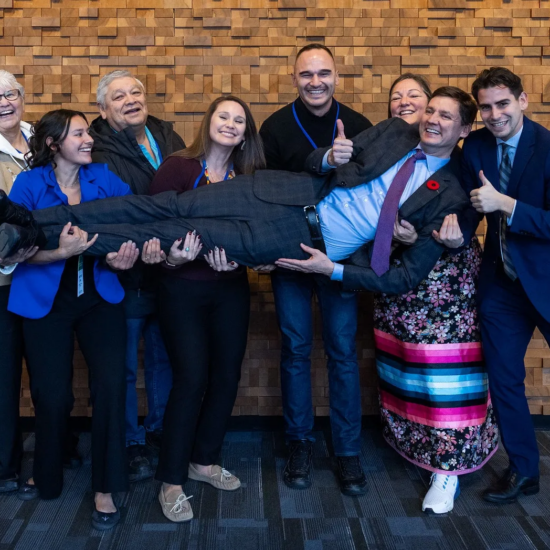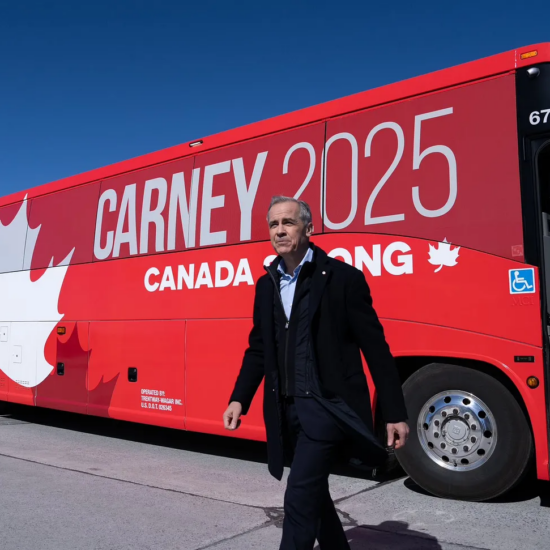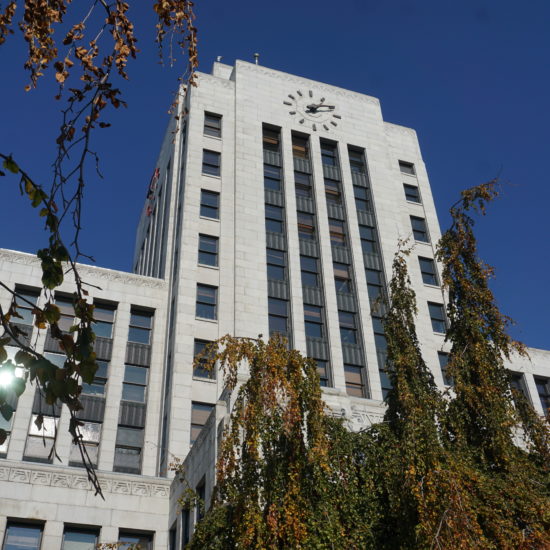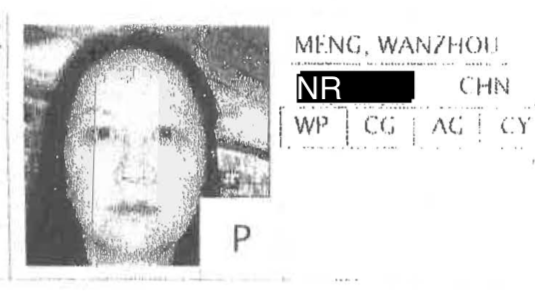
Bob Mackin
White collar crime took centre stage in British Columbia, two days after the province’s snap election ended with an unofficial NDP majority victory.
At the Law Courts in Vancouver, Huawei chief financial officer Meng Wanzhou’s battle against the U.S. extradition bid heard its first witness.
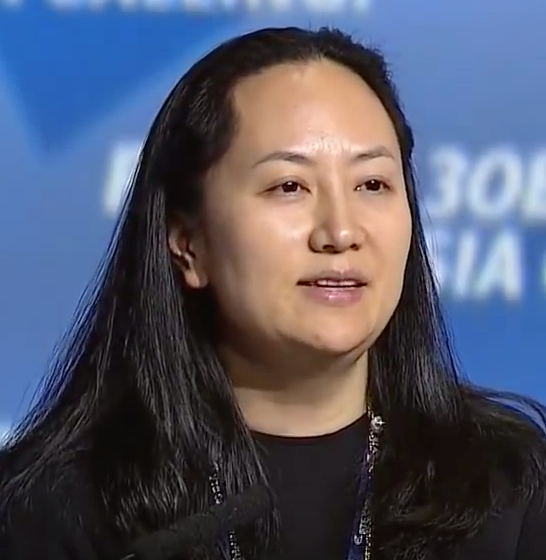
Meng Wanzhou at Russia Calling 2014 (RT)
Const. Winston Yep of the RCMP was the first of 10 people called to testify in the B.C. Supreme Court hearings this week and in late November. Meng’s lawyers claim she was the victim of abuse of process when RCMP and Canada Border Service agents arrested her on behalf of the U.S. on Dec. 1, 2018. The U.S. wants to try Meng on bank fraud charges.
Yep was in charge of applying for the arrest warrant from a B.C. judge and eventually arrested Meng after she arrived on a Cathay Pacific flight from Hong Kong.
The U.S. had learned Nov. 29, 2018 that Meng was scheduled to travel through Vancouver to Mexico on Dec. 1, 2018 and asked Canadian authorities to arrested after arriving on Cathay Pacific flight 838. Yep said he knew little about Meng, but was aware of Huawei and that the arrest would generate international attention.

Meng Wanzhou’s CBSA declaration card mugshot on Dec. 1, 2018 (BC Courts)
Meng’s lawyer Richard Peck took issue with the three-hour delay in the arrest, and asked why Yep didn’t arrest her shortly after touchdown. FBI intelligence learned Meng was traveling from Hong Kong with a female companion from Huawei. Yep said he did not know whether she was traveling with others, such as a bodyguard not sitting near her.
“The issue is that we don’t have any information on Ms. Meng, what she’s capable of, who she is traveling with,” Yep testified. “Say something, if we were to arrest her on the plane and something happened, if she puts up a fight and we maybe end up having to I guess use physical force. We don’t know who she is traveling with, we could be fighting with other people as well. We’re putting other passengers, other people’s safety at risk. Our safety as well.”
Yep also said there was also concern that a Meng might flee inside the airport.
When she was questioned, Yep said she initially objected to being recorded during her interview. He told her it was for accuracy sake and she relented. Another officer translated for her.
“Meng was cooperative, she was surprised at first, she understood what the warrant entailed,” Yep testified. “I read her her Charter rights, I gave her the warning that she could contact a lawyer, a duty counsel would be available to her. She indicated she wanted to contact her company lawyer in Huawei. I asked her if she wanted to contact the Chinese consulate and she indicated she wanted to contact her lawyer first.”
Meng’s hands were eventually cuffed in front of her and driven to the nearby Richmond detachment for a mugshot, fingerprinting and to wait for her appearance in front of a justice of the peace.
She was eventually released on bail Dec. 11, 2018 and lives under curfew in a Shaughnessy mansion.
Meanwhile, the Cullen Commission on money laundering in B.C. entered its long-awaited witness testimony phase, after being delayed two weeks by the provincial election.
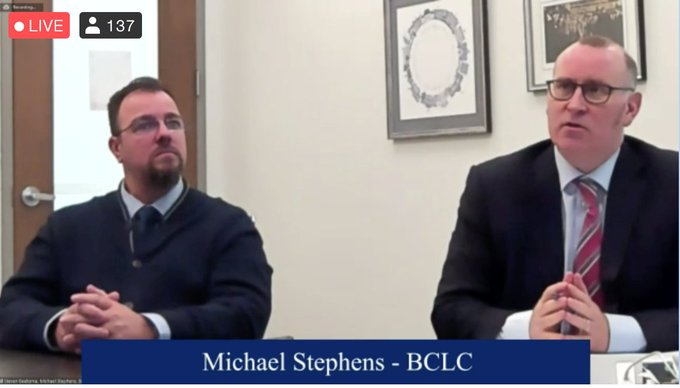
BCLC’s Steven Beeksma (left) and lawyer Michael Stephens (Cullen Commission)
A B.C. Lottery Corporation anti-money laundering specialist said he was told by a superior to “cut that shit out” and stop investigating complaints about River Rock Casino Resort.
Steven Beeksma, the first witness, was a surveillance manager at the Great Canadian Gaming flagship casino before joining BCLC. He described how high rollers would bring in bricks of $10,000 secured on both ends with elastic bands, stacked in shopping bags, small pieces of luggage or backpacks. Chinese tourists used private lenders or money service businesses to move cash back and forth, to get around the $50,000-a-year personal limit set by Beijing.
Beeksma mentioned two 2012 incidents when superiors told him not to interview casino patrons. Beeksma testified that BCLC vice-president Terry Towns told him and anti-money laundering director Ross Alderson: “You are not cops.”
“I can only assume that River Rock must’ve lodged a complaint, that they were losing some of their big players due to our actions,” Beeksma said.
Beeksma said a gambler’s $460,000 buy-in in May 2010 was the beginning of a period of significant amounts of dirty money entering River Rock, eventually peaking in summer 2015.
He said he reported suspicious, big cash transactions to the RCMP and the Gaming Policy Enforcement Branch, but neither took action to his knowledge.
The inquiry is scheduled to run through next April.
Support theBreaker.news for as low as $2 a month on Patreon. Find out how. Click here.







